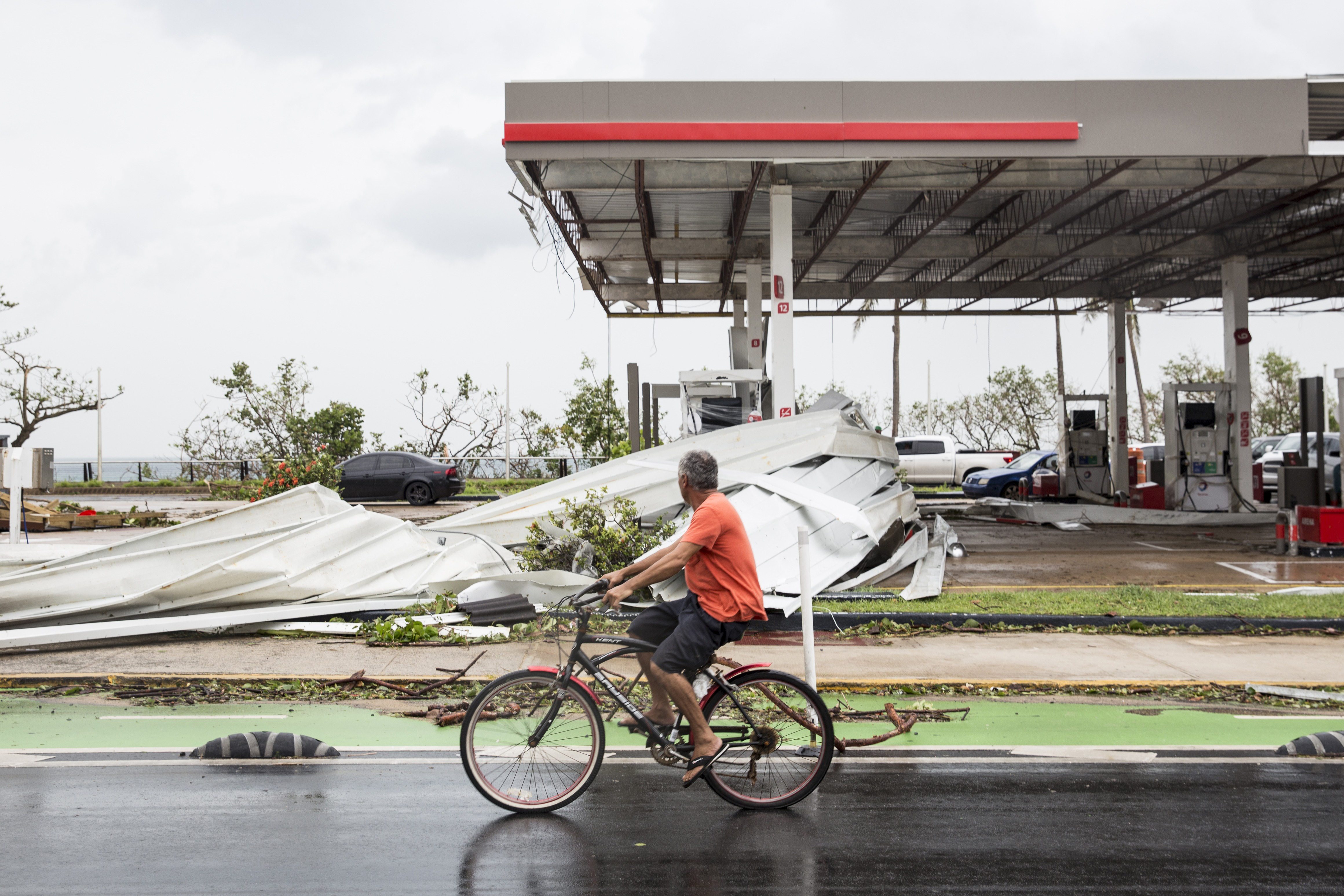About 13,000 residents of Puerto Rico and the Virgin Islands who arrived in Connecticut in the aftermath of the hurricanes Maria and Irma continue to struggle with obtaining basic needs including adequate housing, food, medical care, and jobs, according to a survey by UConn researchers for the Hartford Foundation for Public Giving.
The vast majority of those who have come to Connecticut, over 70 percent, have extremely low incomes — under $30,000 — and their needs are adding a heavy responsibility on an already over-extended and resource-limited Puerto Rican community in Connecticut, given the extreme levels of need that are present in the community, even before the storms.
About 1,300 people participated in the survey, which utilized online and in-person questionnaires in English and Spanish and field research, and was led by the University of Connecticut’s El Instituto: Institute for Latina/o Caribbean and Latin American Studies and with the Center for Puerto Rican Studies at Hunter College.
Researchers sought to understand the long-term impact of displacement on Puerto Rican households in the Greater Hartford region.
They found that while some households surveyed relied on the Federal Emergency Management Agency (FEMA) for funding for basic needs, the majority of those affected relied on the Greater Hartford’s nonprofit organizations, school districts, and family members for support.
In Connecticut, relief has also been provided through a $4.4 million education and housing assistance for displaced residents, which was approved by the state’s General Assembly during the 2018 Legislative Session.
“The Hartford region has one of the highest concentrations of people of Puerto Rican origin outside Puerto Rico and last year’s hurricanes brought thousands more to the region, many of whom will likely stay,” said Scott Gaul, the Hartford Foundation’s director of Research and Evaluation. “The hurricanes were an unprecedented event, but we can anticipate similar crises will happen again. The survey is one tool to help the Hartford region understand the needs of evacuees and the potential long-term impacts of displacement.”
Among this population:
- More than half of those surveyed (56%) mentioned that it was very likely (36%) or somewhat likely (22%) that kin would relocate from the Caribbean to Connecticut, with most of those relatives and friends staying with respondents.
- Respondents expected displaced kin to remain in Connecticut into the medium and long terms. Nearly a third of respondents (32%) reported that kin would stay in Connecticut for a few months, and a quarter (26%) would remain for a few years.
- The most pressing need for respondents hosting displaced Puerto Ricans is lodging, with fully one-third of them indicating that housing was one the biggest needs they face.
- Nearly three-fifths of respondents indicated housing was displaced person’s first order need, followed by 16 percent who mentioned it in second order.
- Food was a first order need for one-fifth of survey respondents’ displaced friends and relatives and second order need for 35 percent.
- Respondents expect nearly 1,500 additional people to arrive from Puerto Rico in the wake of the hurricane.
- Respondents living in Hartford’s outer ring suburbs were relatively less likely (72%) to have kin in the Caribbean than those living in Hartford or its immediate suburbs.
“Survey respondents identify housing issues and insufficient food as the most critical needs they are facing in Connecticut, along with healthcare, in the after aftermath of the crisis,” said Charles R. Venator-Santiago, associate professor of political science at UConn. “These are needs not only of those who are in the state already, but of those who are very likely to arrive in the short term.”
Results from the survey will help inform long-term planning and action by funders, nonprofits, municipalities and schools. The Foundation will work with community organizations and leaders in the region to disseminate and act on survey results.
The Hartford Foundation recently awarded $230,000 in grants from its Respond-Rebuild-Renew Fund to provide support services to residents impacted by relocation from the Caribbean and other disaster areas.
The full report: PR_Survey_Booklet_print_Final



